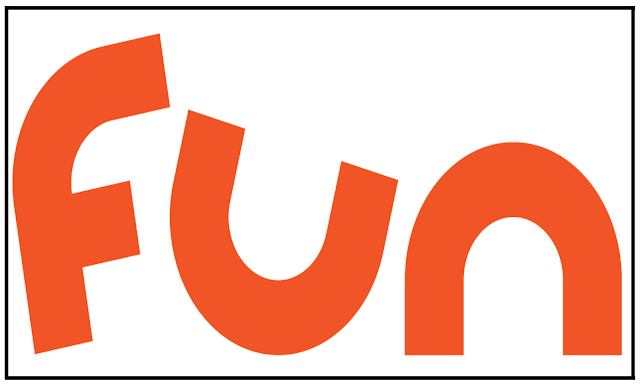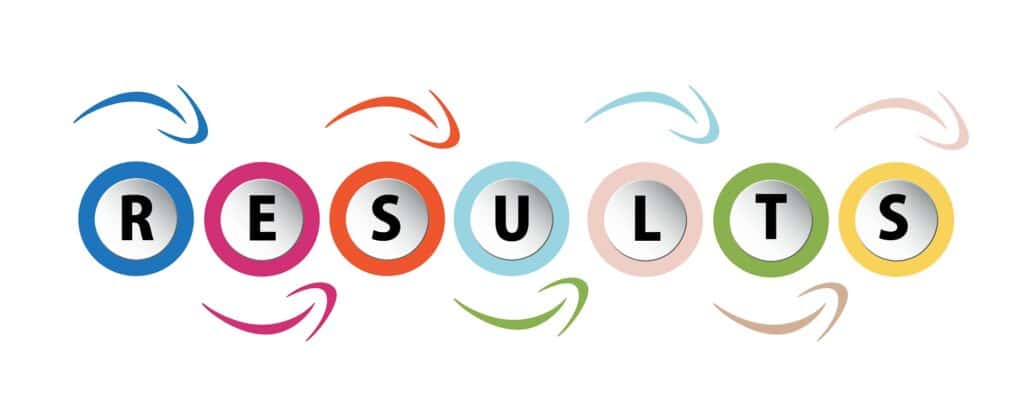The Middle School students who are joining our High School next year will be making their curriculum choices in the next few days. We’ve been having some thoughtful and open discussions with families about what choices are right for individual students, and what courses will set them up for a rapidly changing employment world.
The recent tech boom, the calls from some that ‘everyone must code’, and the high profile of Google, Facebook, Uber and so on may suggest that STEM subjects — science, technology, engineering and math — are where the jobs are. But Cathy Davidson, Director of both the Futures Initiative and the Mozilla Foundation, points out that this notion is a gross simplification of what students need to know and be able to do. Her evidence comes from a surprising source: Google itself.

but they probably don’t – so do what you love!
(Source: Thomas Barwick, via Getty Images)
In 2013, Google initiated Project Oxygen to analyse 15 years’ worth of data – everything they had about their employees; who was hired, who as fired, who was promoted. They found that STEM expertise was indeed among the eight most important qualities; what was surprising that that there were seven skills better correlated with success at the tech giant. These skills are all soft skills: being a good coach; communicating and listening well; possessing insights into others (including others different values and points of view); having empathy toward and being supportive of one’s colleagues; being a good critical thinker and problem solver; and being able to make connections across complex ideas.
Project Aristotle, a further study released by Google this past spring, further supports the importance of soft skills; the project analyzes data on inventive and productive teams and shows that Google’s most important and productive new ideas come from teams that show equality, generosity, curiosity toward the ideas of your teammates, empathy, and emotional intelligence and emotional safety.
Now, these soft skills can be learnt in STEM subjects, for sure – a lot depends on pedagogy, not just content. But what’s interesting is that these ideas have led Google to change hiring practices; and the tech giant now also recruits from the humanities and arts. So – and here is the key point – it’s not only STEM that opens doors these days. That’s why some are talking about STEAM – Science, Technology, Engineering, Arts and Maths – though even here, there are still Humanities, Languages and other areas left out. Google’s studies concur with others trying to understand the secret of a great future employee. A recent survey of 260 employers by the US-nonprofit National Association of Colleges and Employers, for example, tells a similar story. In what seems to be a tech-obsessed media, I worry that our youngsters may be making choices based on limited or incorrect information.

As a science/math graduate who has worked in computing and financial sectors, I need no convincing that STEM skills are vital to the world we live in today, and can provide wonderful, meaningful career opportunities. So in our conversations with families, we are certainly not advising anyone not to opt for STEM subjects – of course many should! But informed choices are critical, and in a few worrying cases we see capable and driven students turning away from their real interests towards subjects they do not care about on the basis of no good evidence. The real tragedy here is that turning away from genuine interests is likely to lead to both unhappiness and career mediocrity. Davidson’s final words hit the nail on the head:
No student should be prevented from majoring in an area they love based on a false idea of what they need to succeed. Broad learning skills are the key to long-term, satisfying, productive careers. What helps you thrive in a changing world isn’t rocket science. It may just [as] well be social science [or] humanities and the arts that contribute to making you not just workforce ready, but [also] world ready.
Further Reading
- Anders, G. (2015) That ‘Useless’ Liberal Arts Degree Has Become Tech’s Hottest Ticket Forbes.
- Davidson, C. N. (2017) The surprising thing Google learned about its employees — and what it means for today’s students.
- Duhigg, C. (2016) What Google Learned From Its Quest to Build the Perfect Team New York Times Magazine.



1 Response
Great article Nick! Fully agree.